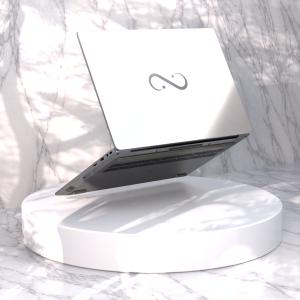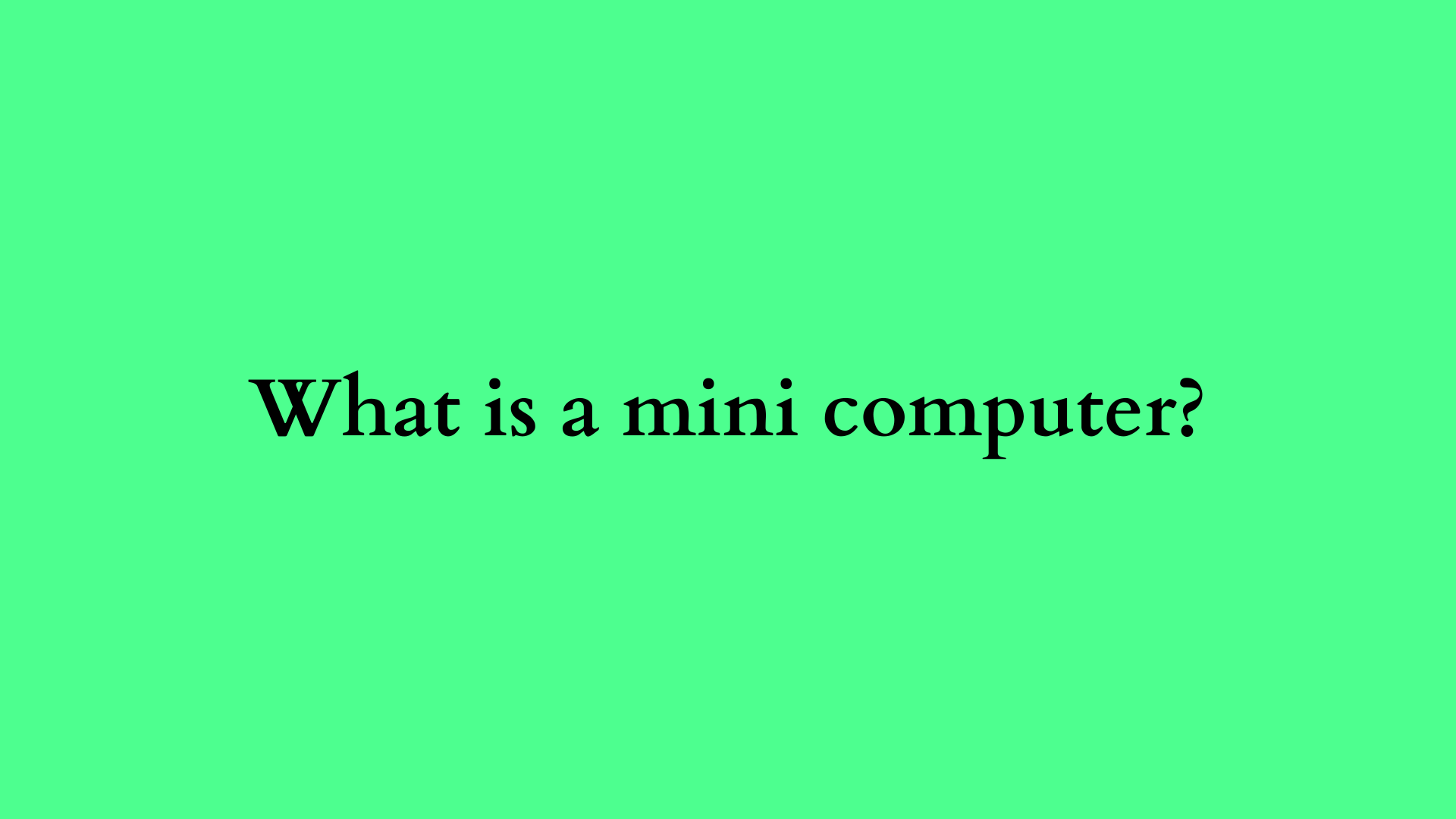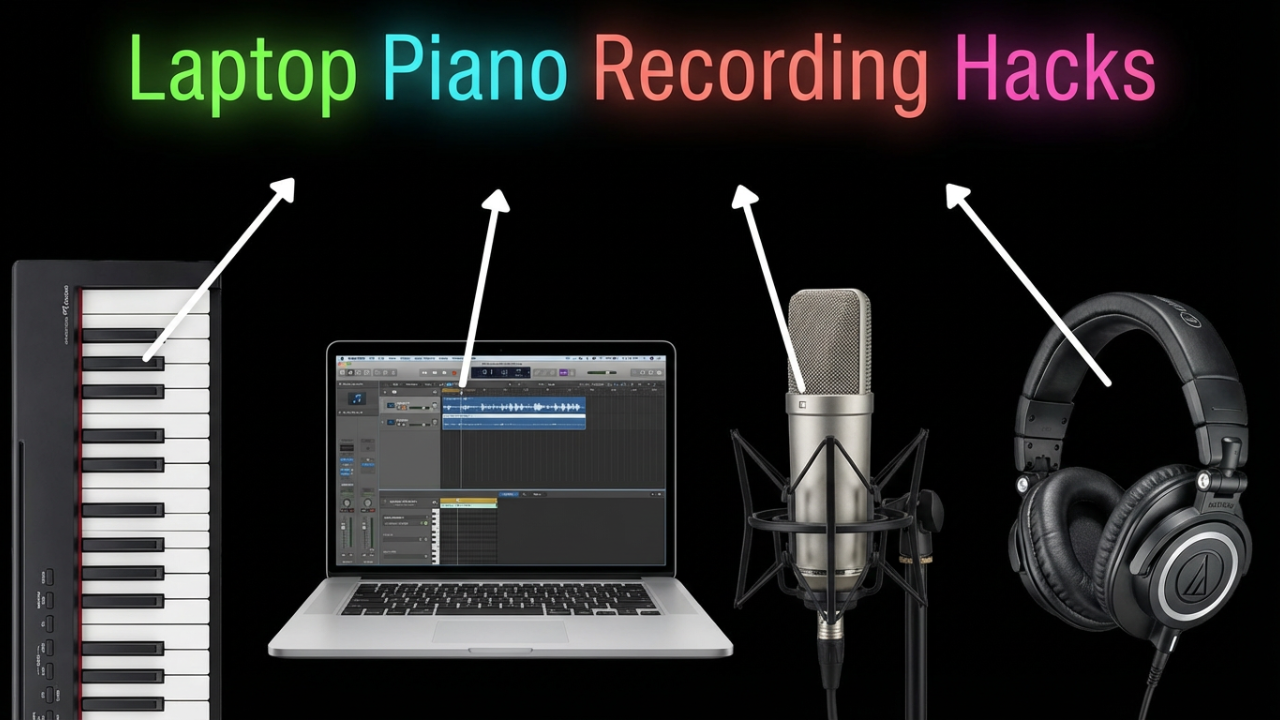Understanding Mini Computers: The Compact Powerhouses of Computing
In the fast-evolving world of technology, the term “mini computer” may evoke images of sleek devices designed to fit into tight spaces. However, the concept of a mini computer encompasses much more than just size. It represents a remarkable blend of portability, functionality, and efficiency, catering to a variety of needs in both personal and business settings. In this blog post, we will explore the definition of mini computers, their historical background, key features, applications, and their impact on modern computing.

What is a Mini Computer?
A mini computer is a class of computing devices that typically falls between a personal computer (PC) and a mainframe. They are designed to perform various computing tasks while offering a smaller footprint and reduced power consumption compared to traditional desktop or workstation computers. While definitions vary, mini computers are often characterized by their capabilities to handle multitasking, run complex applications, and serve multiple users simultaneously.
Essentially, mini computers combine the performance of larger systems with the convenience of compact designs, making them ideal for diverse environments, from home offices to industrial settings.
Historical Perspective
The evolution of mini computers dates back to the late 1960s and early 1970s when advancements in semiconductor technology allowed for more circuit density on smaller chips. During this era, manufacturers such as Digital Equipment Corporation (DEC) pioneered the development of mini computers with models like the PDP-8. These machines offered more affordable computing solutions compared to mainframes, enabling smaller organizations and educational institutions to harness computing power for the first time.
As the decades progressed, mini computers continued to evolve, incorporating microprocessor technology and advanced user interfaces. The rise of personal computers in the 1980s somewhat eclipsed mini computers, yet they retained a crucial role in various sectors where performance and multitasking capabilities were necessary.
Today, mini computers have made a resurgence with the integration of advanced processing power, storage solutions, and connectivity options. They have adapted to modern needs, offering versatility for everything from home automation to server capabilities.
Key Features of Mini Computers
- Compact Design: One of the most defining characteristics of mini computers is their size. With dimensions often smaller than traditional desktops, they can easily fit into tight spaces and are ideal for environments where real estate is at a premium.
- Energy Efficiency: Mini computers are designed to consume less power than their larger counterparts. This energy efficiency makes them environmentally friendly and more cost-effective for users, especially when used in business environments requiring multiple devices.
- Performance: Despite their size, mini computers are equipped with robust processors, sufficient RAM, and ample storage capacities. Many are capable of running resource-intensive applications, making them suitable for tasks such as graphic design, programming, and data analysis.
- Connectivity Options: Mini computers come with various connectivity options, including USB ports, HDMI outputs, and network interfaces. Many modern devices also support wireless connections via Wi-Fi and Bluetooth, facilitating seamless integration into existing setups.
- Expandability: Many mini computers offer modular designs, allowing users to upgrade components such as RAM, storage drives, and even GPUs, depending on the manufacturer. This flexibility extends the lifespan of the device and allows it to keep pace with evolving software demands.
- Versatile Operating Systems: Mini computers often support a wide range of operating systems, including Windows, Linux, and even Android in certain cases. This versatility caters to diverse user preferences and application needs.
Applications of Mini Computers
The versatility of mini computers makes them suitable for a broad spectrum of applications across different sectors:
- Home Computing: Mini computers are popular choices for home users who require basic computing functions such as web browsing, document editing, and media streaming without the bulk of traditional desktops.
- Media Centers: With their compact size and connectivity options, mini computers can effectively function as media centers, supporting digital streaming, gaming, and content creation.
- Business Solutions: Many businesses leverage mini computers for tasks such as data processing, POS systems, and task automation due to their affordability and performance capabilities.
- Development and Prototyping: The flexibility and power of mini computers make them excellent choices for software development, programming projects, and hardware prototyping within the tech community.
- Industrial Applications: In industrial settings, mini computers can be deployed in automation systems, controlling machinery, monitoring processes, and gathering data with their robust performance and reliability.
- Education: Educational institutions often utilize mini computers in classroom settings, computer labs, and STEM programs, providing students with access to necessary tools without incurring high costs.
The Impact of Mini Computers on Modern Computing
The rise of mini computers has significantly influenced modern computing as they bridge the gap between portable and powerful devices. They challenge the perception that users must choose between mobility and performance, demonstrating that compact devices can effectively cater to both needs.
Moreover, as technology progresses, mini computers are increasingly integrated with cloud computing, artificial intelligence, and the Internet of Things (IoT). This integration expands their capabilities, facilitating smart environments and advanced data management across various industries.
Conclusion
In conclusion, mini computers exemplify how design innovation and technological advancements can create powerful computing solutions in compact formats. They have established themselves as reliable tools for professionals and enthusiasts alike, enabling a plethora of applications that enhance both productivity and creativity.
As we move forward into an era where mobility and efficiency are key, mini computers will undoubtedly continue to play a vital role in shaping the future of technology. By understanding the features, applications, and potential of these compact powerhouses, users can make informed decisions that best meet their computing needs in a world that increasingly values versatility and efficiency.
Shop Now






